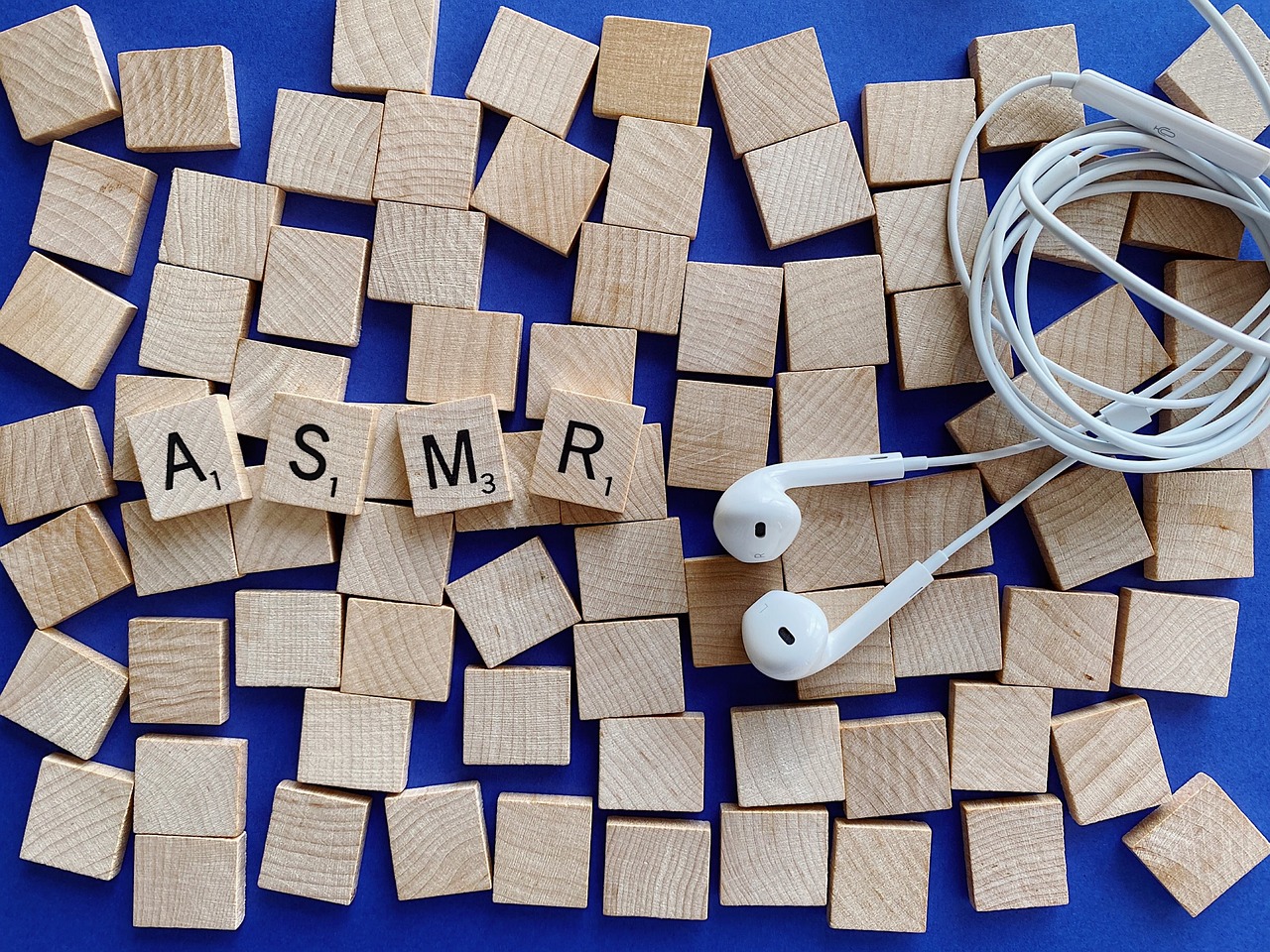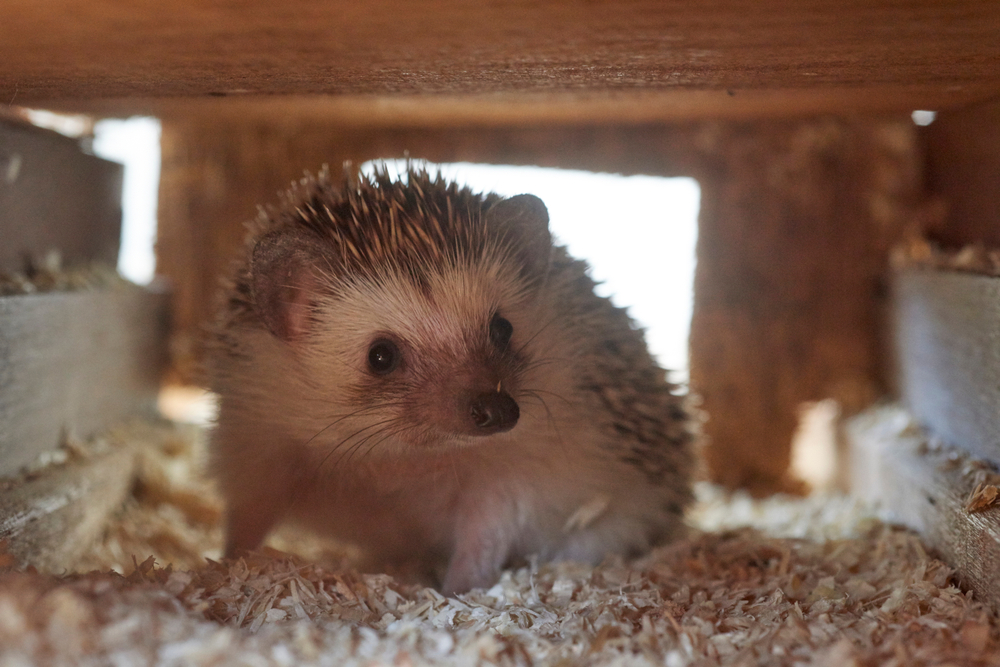Reinterpreting Personal Space: The Sociocultural Shift in Solitude Perception
Introduction: The modern world's rapid pace has brought about a transformative view of solitude and personal space, challenging long-held societal norms. As a society, we are beginning to recognize the value of solitude as an essential component of our overall wellbeing. Read below to delve into the evolving perception of personal space and solitude in our society.

The Historical Perspective: Solitude as Isolation
Traditionally, solitude has often been associated with isolation, loneliness, and social alienation. The societal construct of success and happiness has always placed heavy emphasis on social connections, with a common belief that being alone equates to loneliness.
The Paradigm Shift: Solitude as Empowerment
However, contrasting the historical context, the contemporary world is witnessing a significant shift in the perception of solitude. Increasingly, solitude is being seen as empowering, an opportunity for self-reflection, personal growth, and mental rejuvenation. This shift is largely due to the mounting stress and sensory overload experienced in the fast-paced digital era.
Current Trends: The Rise of Solitude
Today, the pursuit of personal space and solitude has become a noticeable trend. Whether it’s through solo travel, meditative practices, or simply carving out “me time” in daily routines, people are consciously seeking solitude. This trend is not a rejection of social interaction but rather a balanced approach to personal wellbeing.
The Societal Impact: A More Mindful Society
This evolving perception of solitude is transforming our society. The recognition of solitude as a healthy, vital part of our lives is fostering a more mindful society. It is encouraging individuals to prioritize mental health, self-care, and personal growth, contributing to the overall wellbeing of society.
The Future Implications: Towards a Balanced Life
The reinterpretation of solitude has profound implications for the future. As the value of solitude becomes more widely accepted, it is likely to influence societal norms, potentially leading towards a more balanced lifestyle that acknowledges the importance of both community involvement and personal space.
In conclusion, the evolving perception of solitude is a testament to the continuous evolution of societal norms. This shift, backed by expert insights and current trends, is reshaping our society. By reinterpreting solitude, we are not only redefining our relationship with ourselves but also the society we live in.





